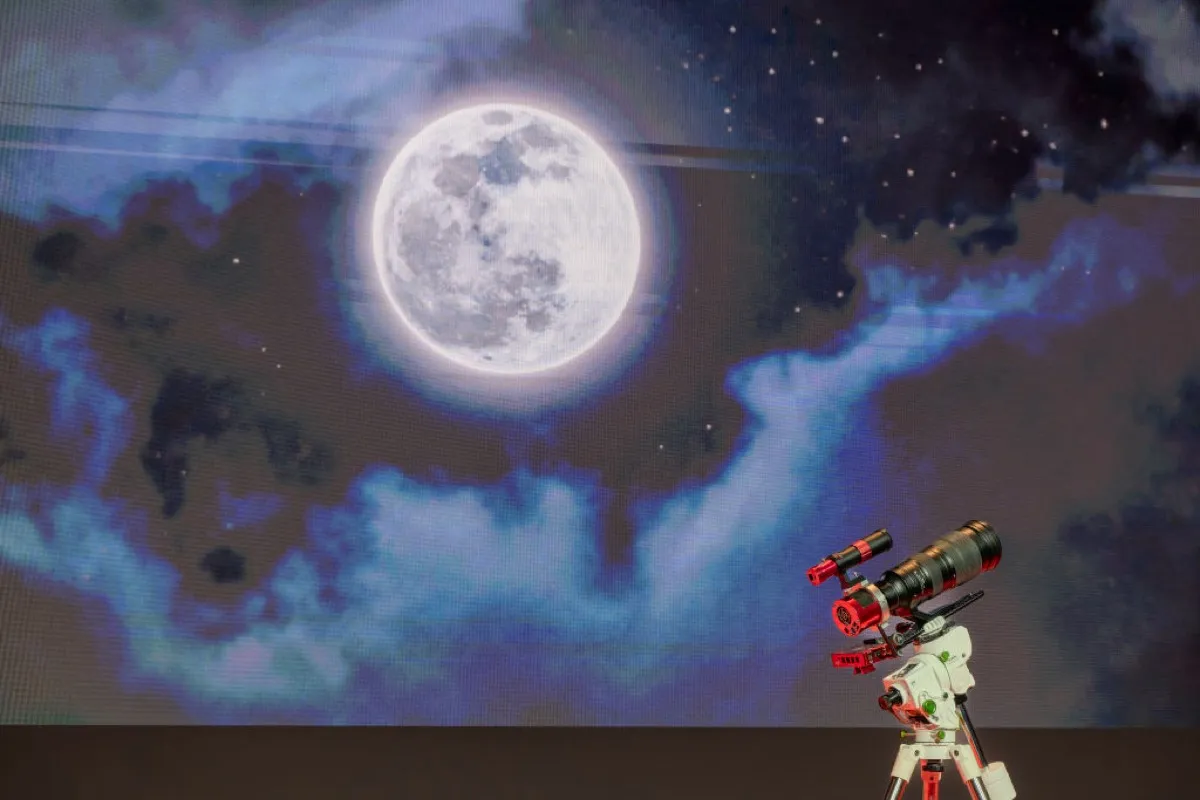[UPDATE 3:46PM EST] You can watch the asteroid’s flyby live thanks to Slooh Community Observatory. Only a few minutes to go!
While you were peacefully sleeping last night, NASA announced that they had detected a 100 foot-wide asteroid that will fly closer to Earth than the Moon today around 1 pm PST and 4 pm EST. NASA predicts that the asteroid will pass us without event, but just in case they’re wrong, you might want to knock out that bucket list in the next 5 hours.
However, as disconcerting as that announcement may be, there’s actually no justification for apocalyptic panic. Probably. As NASA wrote yesterday on their website,
As happens about 20 times a year with current detection capabilities, a known asteroid will safely pass Earth Wednesday closer than the distance from Earth to the moon.
So even though recent media coverage might make near-earth objects seem like a more frequent occurrence, that’s just because NASA’ s ability to detect asteroids and other space junk has improved, which is a good thing. Their ability to disseminate scary statistics has also increased, which is arguably not so great.
NASA’s Jet propulsion Laboratory in Pasadena, California detected the asteroid using both space and ground-based telescopes as part of the The Near-Earth Objects Observation Program, or Spaceguard.
This particular Near-Earth Object has been named 2014 DX110, and at its closest point to Earth, it will miss us by 217,000 miles—that’s 220,00 miles closer than our average distance to the moon, and about a jillion miles closer than I would like.
Of course, most asteroids pose virtually no danger to Earth; they’re just a disconcerting reminder of how little understanding or control we have over the Universe. T minus 5 hours, people. Just go about your day.
- NASA is totally kinda sure we’ll be safe from this guy in 2032
- Guys, they lost an asteroid the size of three football fields
- The UN is forming an international asteroid warning group








Published: Mar 5, 2014 11:11 am